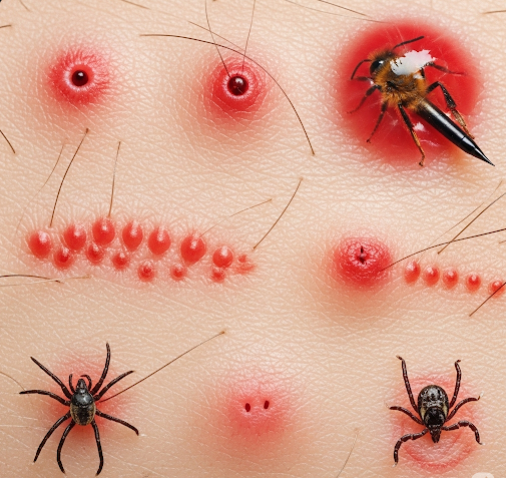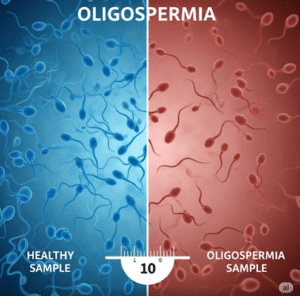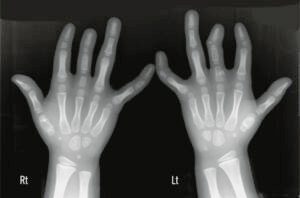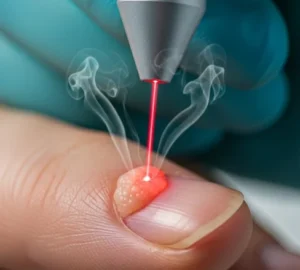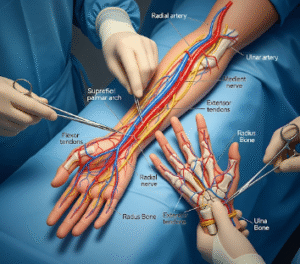Overview
Insect bites and stings are common occurrences worldwide, including in Korea, where a variety of insects like mosquitoes, bees, wasps, ants, and ticks can cause skin reactions ranging from mild irritation to severe allergic responses. These bites and stings result from insects injecting venom or saliva into the skin. While most reactions are minor and resolve on their own, some can lead to complications like infections or life-threatening anaphylaxis. Prompt and appropriate treatment is essential to manage symptoms and prevent serious outcomes.
What Are Insect Bites and Stings?
Insect bites occur when insects pierce the skin to feed on blood or lymph, injecting saliva that can cause irritation or allergic reactions. Stings, on the other hand, involve the injection of venom through a sting apparatus, often as a defense mechanism. Common insects causing bites include mosquitoes and ticks, while stinging insects include bees, wasps, hornets, and fire ants. The body’s reaction varies depending on the insect species, the amount of venom, and individual sensitivity.
Symptoms
- Redness, swelling, and itching at the site of the bite or sting
- Pain or burning sensation
- Formation of small blisters or hives
- Localized warmth and tenderness
- In some cases, systemic symptoms like fever, headache, or swollen lymph nodes
- Severe allergic reactions (anaphylaxis) characterized by difficulty breathing, swelling of the face or throat, rapid heartbeat, dizziness, and fainting
Causes
- Mosquito bites occur as females pierce skin to obtain blood for egg production, injecting saliva containing anticoagulants and proteins that trigger reactions
- Bee and wasp stings deliver venom containing proteins that affect nerve endings and immune responses
- Tick bites can transmit diseases like Lyme disease or spotted fever
- Ant bites or stings, such as from fire ants, can cause painful pustules and allergic reactions
Risk Factors
- Outdoor activities in insect-infested areas, especially during warmer months
- Wearing dark or bright clothing that attracts insects
- Presence of standing water which serves as mosquito breeding sites
- History of allergic reactions to insect bites or stings
- Use of perfumes or scented lotions that attract insects
- Living in or traveling to regions with high insect populations
Complications
- Secondary bacterial infections from scratching or skin breakdown
- Severe allergic reactions including anaphylaxis, which can be fatal without prompt treatment
- Transmission of vector-borne diseases such as Lyme disease, Zika virus, or dengue fever (less common in Korea but globally relevant)
- Chronic skin changes such as scarring or hyperpigmentation in severe cases
Prevention
- Using insect repellents containing DEET, picaridin, or natural alternatives
- Wearing long sleeves, pants, and light-colored clothing when outdoors
- Avoiding scented products that attract insects
- Removing standing water near homes to reduce mosquito breeding
- Using mosquito nets or screens in living areas
- Being cautious in areas known for ticks and performing thorough body checks after outdoor activities
Treatment Options in Korea
Korean medical facilities provide comprehensive care for insect bites and stings:
- Initial Care:
- Washing the affected area with soap and water
- Applying cold compresses to reduce swelling and pain
- Using over-the-counter topical corticosteroids or antihistamines to alleviate itching and inflammation
- Medications:
- Oral antihistamines and analgesics for symptom control
- Antibiotics if secondary infection develops
- Epinephrine auto-injectors (EpiPen) for individuals with known severe allergies
- Advanced Care:
- Hospitalization and emergency treatment for anaphylaxis
- Desensitization therapy (immunotherapy) for recurrent severe allergic reactions
- Treatment for vector-borne diseases if diagnosed
- Patient Education:
- Training on recognizing signs of severe allergic reactions
- Guidance on prevention strategies and use of emergency medications
Korea’s healthcare system integrates prompt emergency response with preventive measures to effectively manage insect bites and stings, minimizing complications and improving patient outcomes.

